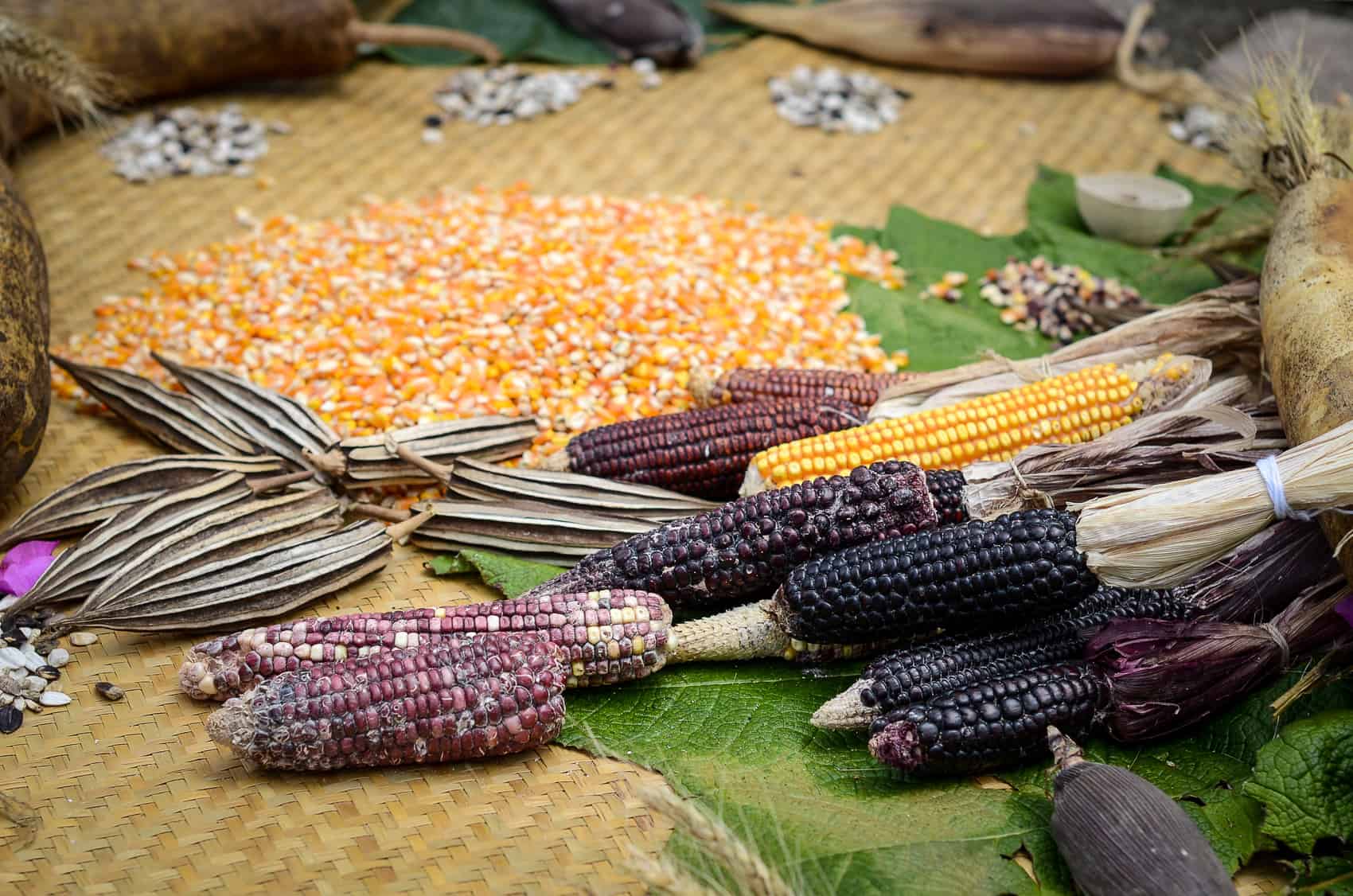Since genetically modified crops first came to Costa Rica in 1991, the locations of the farms have been kept under wraps. But a new ruling from Costa Rica’s Constitutional Chamber of the Supreme Court (Sala IV) will now require that type of information to be made public.
“For us this is a great triumph,” Fabián Pacheco, the leader of Bloque Verde, told The Tico Times. “What we want now is to know exactly where each GMO crop is planted.”
Last Thursday, the Sala IV declared the country’s approval process for GMO projects unconstitutional because it violates the right of Costa Ricans to access information that could affect their health and well-being. The case was brought to the court by the Ombudsman’s Office on behalf of several anti-GMO groups including Bloque Verde. The ruling does not ban GMOs in the country, but will require the Agriculture and Livestock Ministry to design a more transparent GMO approval process, and release information that has been kept from the public in the past. The Ombudsman’s Office also argued that because the GMO approval process does not require an environmental impact assessment it violates the constitutional right to a safe and healthy environment, but the court disagreed.
“This vote signifies that the Costa Rican legislation regarding genetically modified organisms is environmentally rigorous and assures protections from environmental risks from this type of agriculture,” said Martin Zúñiga, executive director of CropLife Latin America, a federation of biotechnology companies.
The Agriculture and Livestock Ministry has yet to declare how this ruling will affect GMO projects that were previously approved, including a request from biotechnology giant Monsanto to grow 35 hectares of genetically modified corn that was approved last January. There are currently no GMO corn projects in Costa Rica, and the request’s approval set off a firestorm of protests from environmentalists and health advocates. Because corn pollinates using the air, GMO opponents worry that Monsanto corn seeds could mix with and eventually wipe out native corn species.
According to Pacheco, the lawyers representing anti-GMO groups believe the Sala IV ruling legally nullifies Monsanto’s request, but the final decision falls to the Agriculture Ministry.
“For now we are just going to keep the pressure on,” Pacheco said. “We will start by demanding that this map be released to the public.”






